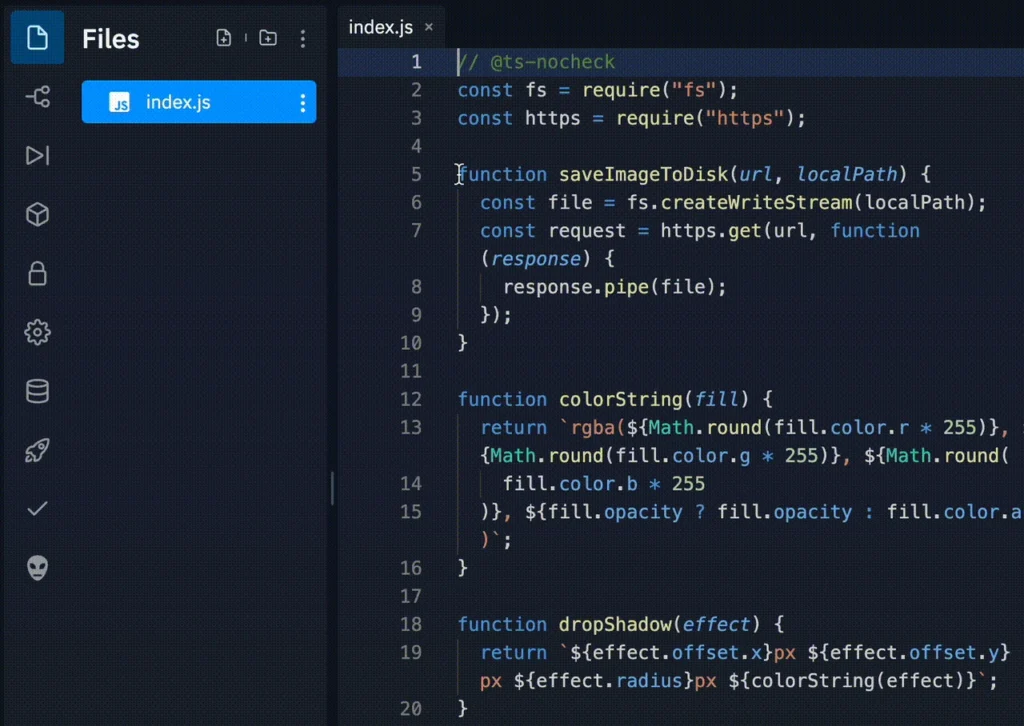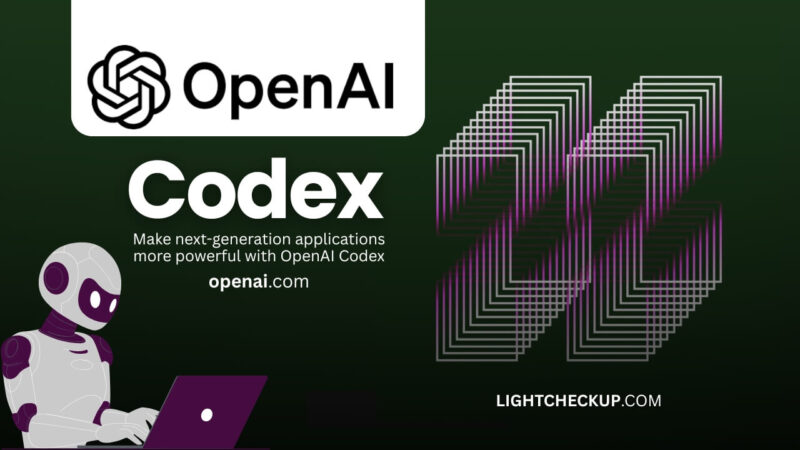OpenAI Codex is a cloud-based software engineering agent that helps software engineers. It can multitask, handling many coding jobs at once. A coder called Codex writes original code, fixes bugs, answers questions, and suggests improvements to the code.
Each task runs separately in the cloud. Integrated with ChatGPT, it helps developers work faster and smarter. OpenAI Codex makes Coding easier and more efficient with advanced AI.
What is OpenAI Codex?
A smart AI tool called Codex has been developed to help programmers to write and manage code in a much more efficient way. It can do many coding tasks at once.
For example, it can write the parts of a program, answer questions about the code, fix errors, and suggest improvements. Each task runs in its own workspace, with your project files ready to use.
OpenAI Codex can open your code files and make changes directly. It runs tests to check if everything is working well. If it finds problems, it fixes them until the code is flawless. Once it has finished, Codex will show you what changes it made as it finishes. You will be able to review the work, ask for changes, or add it to your project when it is ready.
What is the purpose of a Codex?
Long ago, a codex was a way to save and share written knowledge. It was better than scrolling because it was easier to carry and use. It was easy to search through pages and find what people needed quickly. It was for this reason that codices proved invaluable for both studying religious texts and keeping records.
What Does Codex Stand For?
The word codex means a collection of written sheets bound together like a book. Today, it also refers to official collections of rules or standards. For example, the Codex Alimentarius sets food safety rules worldwide. Codex now means powerful AI tools that help you code.
OpenAI Codex vs Book: What’s the Difference?
Codices and books store knowledge. But the codices were handwritten and rare. Only a few people had access to them. Printing makes books in large numbers accessible to everyone. There is no doubt that this has simplified and made learning easier.
How Operator and Deep Learning Work Together
There are two other AI helpers that work with OpenAI Codex to boost productivity: Operator and Deep Research:
- Operator handles simple, repetitive tasks like scheduling and managing files. It acts like your virtual assistant.
- Deep research digs deep for detailed information. It helps answer tough questions with clear, well-researched answers.
The combination of these AI tools helps with everything-from everyday tasks to complex coding and research that require complex algorithms. They make work faster and easier.
Coex in the Modern World: AI, Coding, and More

ChatGPT Codex & Codex OpenAI
Today, Codex is making technology headlines. OpenAI has launched Codex, an intelligent AI coding agent that is integrated with ChatGPT to give users a better experience.

It allows software developers to write, debug, and test code using the codex-1 model. Codex allows developers to automate feature creation, bug fixing, and codebase analysis through integration with platforms such as GitHub.
Codex AI and Codex Hacker
OpenAI Codex refers broadly to artificial intelligence systems designed to interpret and generate code. AI tools are used to streamline the workflow of codex hackers.
Codex Book, Website, and Company
Codex is also used by companies, websites, and publications. It is often used to signal authority, authenticity, or a comprehensive collection of knowledge-Just as ancient codices once did.
Read Also: Cellcom outage: Why are customers’ phone and text services down?
The OpenAi Codex has always been a symbol of innovation in knowledge storage and sharing, from ancient manuscripts to AI agents. The process of discovery and learning extends from historical codexes to modern books to OpenAI’s Codex.
It shows how a simple idea can transform the world again and again, from parchment to programming.








